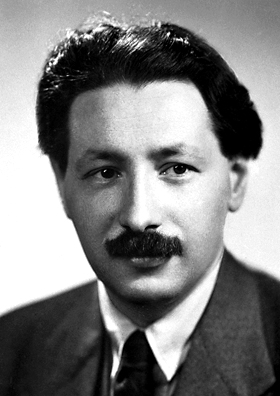
Ernst Chain
Ernst Chain was a German-born British biochemist who played a pivotal role in the development of penicillin during World War II. Along with Howard Florey, Chain helped to transform Alexander Fleming's initial discovery of the antibacterial properties of penicillin into a viable treatment for bacterial infections. Their work not only saved countless lives during the war but also laid the foundation for modern antibiotics, revolutionizing medicine. Chain's contributions to microbiology earned him significant accolades, including the Nobel Prize in Physiology or Medicine in 1945, which he shared with Florey and Fleming.
Born on Jun 19, 1906 (119 years old)
Global Media Ratings
Countries Mentioned
No country-level mention data available.
Interactive World Map
Each country's color is based on "Mentions" from the table above.
Recent Mentions
 Australia:
Alexander Fleming’s penicillin discovery was transformed into a useable medicine by Howard Florey and German-born Ernst Chain.
9
Australia:
Alexander Fleming’s penicillin discovery was transformed into a useable medicine by Howard Florey and German-born Ernst Chain.
9
 Slovakia:
Ernst Chain was a colleague of Howard Florey at Oxford University who helped in the development of penicillin.
8
Slovakia:
Ernst Chain was a colleague of Howard Florey at Oxford University who helped in the development of penicillin.
8
